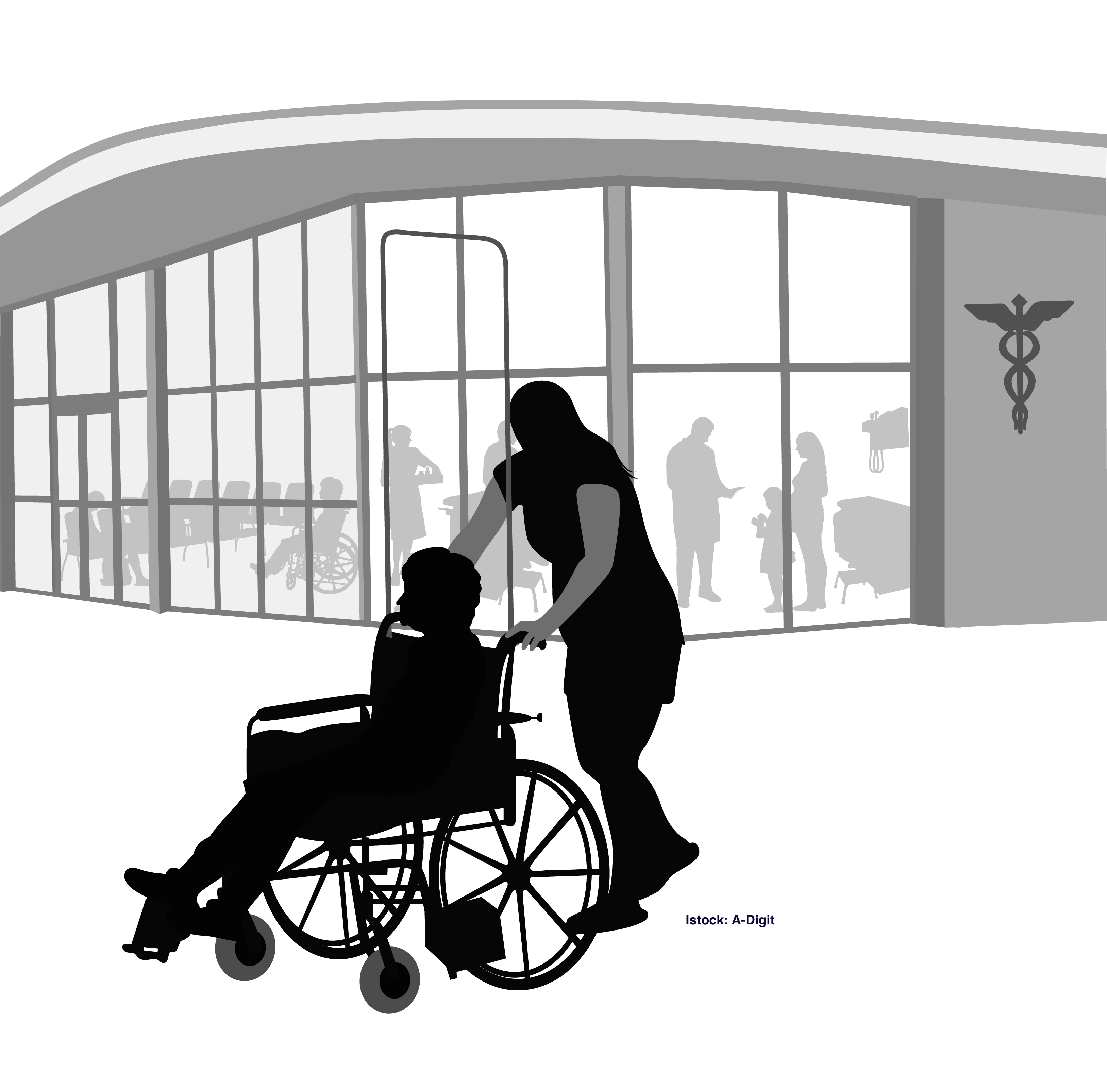AARP Hearing Center

State officials have scrambled this year to contain outbreaks of the deadly coronavirus in nursing homes, as the crisis revealed serious problems in long-term care.
When the next legislative session begins, on Tuesday, Jan. 19, AARP Oregon will push for better state oversight, more personal protective equipment, frequent testing of residents and staff, virtual visitations and paid sick leave for staffers who test positive.
“Whenever there is an outbreak, Oregon must quickly intervene with increased safety measures and ensure that facilities have adequate staffing, training and virtual visitation tools,” said Ruby Haughton-Pitts, state director for AARP.
AARP will also oppose a bill that would grant businesses and nursing homes liability protections related to COVID-19.
“We will fight to ensure that families maintain the right to seek legal remedies when facilities harm residents,” said
Haughton-Pitts.
Oregon’s rate of cases of, and deaths from, COVID-19 in long-term care facilities has been lower than that of other states, ranking 37th in the nation.
But hot spots emerged. More than 40 percent of the state’s coronavirus-related deaths have occurred in such facilities.
One of the worst outbreaks hit Healthcare at Foster Creek, a Portland nursing home that failed to implement infection controls. By the time regulators ordered it shut down in May, 117 residents and staff had tested positive, 55 residents were hospitalized, and 28 had died.
Pushing for transparency
Early in the crisis, AARP Oregon launched a letter-writing campaign, urging Gov. Kate Brown (D) to require more testing, training, staffing, virtual visitation and transparency about outbreaks and patient transfers.
State officials increased their efforts, especially on testing. The Department of Human Services and the Oregon Health Authority now release frequent coronavirus updates at Oregon.gov/dhs.
AARP is also advocating for stricter oversight to ensure that facilities provide technology for virtual visits.
Visitation rules changed as coronavirus cases surged in the fall. Indoor visits were prohibited in mid-November except for compassionate care cases, while outdoor visits were allowed with restrictions.
Rules may change frequently, so check on that latest at Oregon.gov/dhs.
Some localities are taking actions on their own. To promote telehealth use and to help residents stay connected with family, Multnomah County purchased 62 mobile devices. Installed with apps for virtual visits, the devices are on loan to the residents of adult-care homes.
“We hope this program will help residents maintain connections and reduce feelings of isolation and loneliness,” said Felicia Nelson, manager of the county’s Adult Care Home Program.
Joanne Bowman, 74, of Salem, experienced the benefits of video technology.
After lockdowns kept her from visiting her mother in a skilled nursing facility, Bowman was able to have a FaceTime conversation with her before she died.
Aided by a nursing assistant with a tablet, Bowman’s 94-year-old mother, who had Alzheimer’s disease, was able to recognize her daughter on the screen.
“The communication with family is so vital, especially at a time like this,” Bowman said.
Merry MacKinnon is a writer living in Portland.
More on Long-Term Care































































